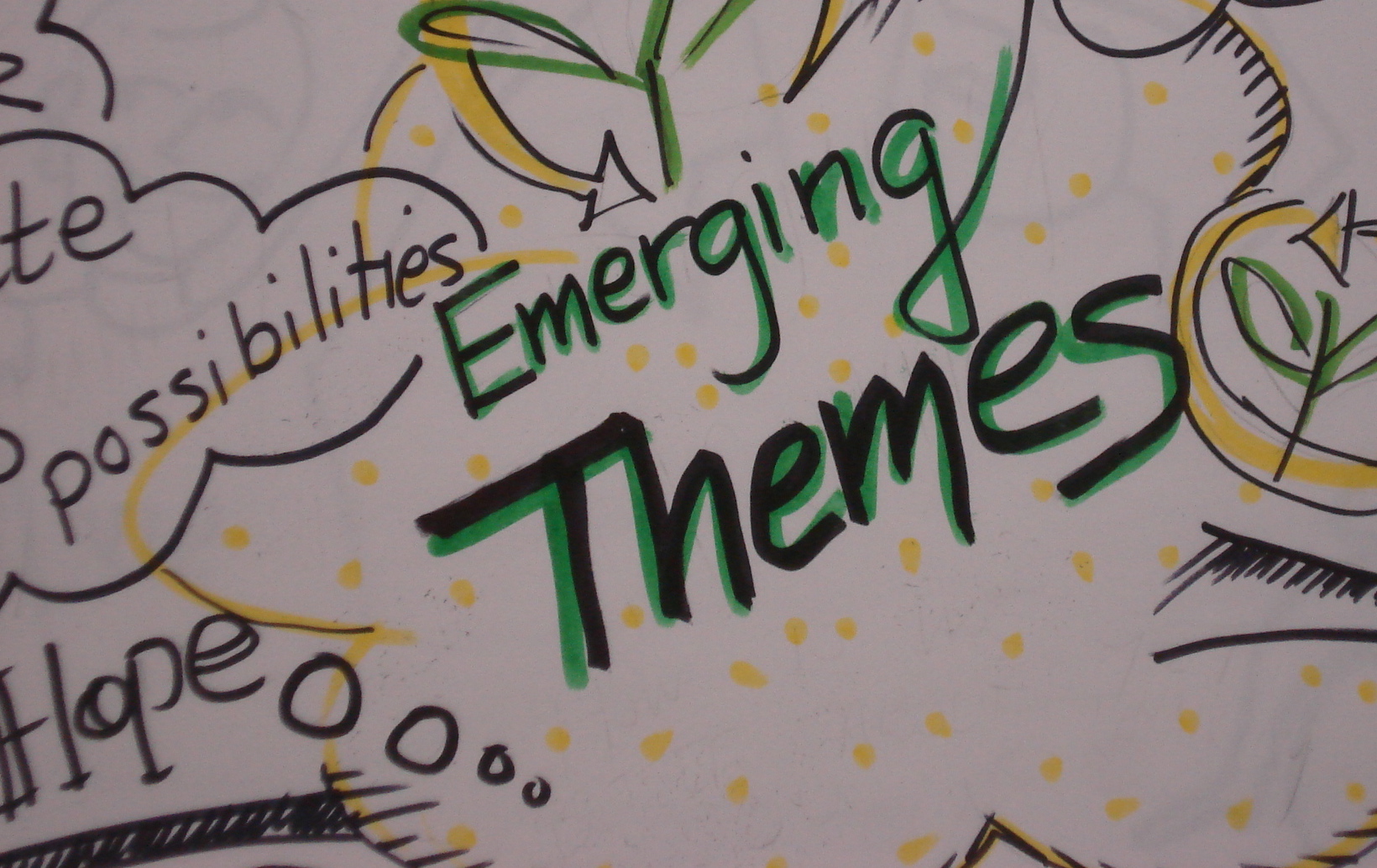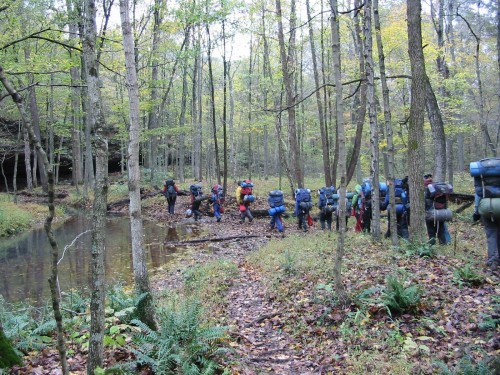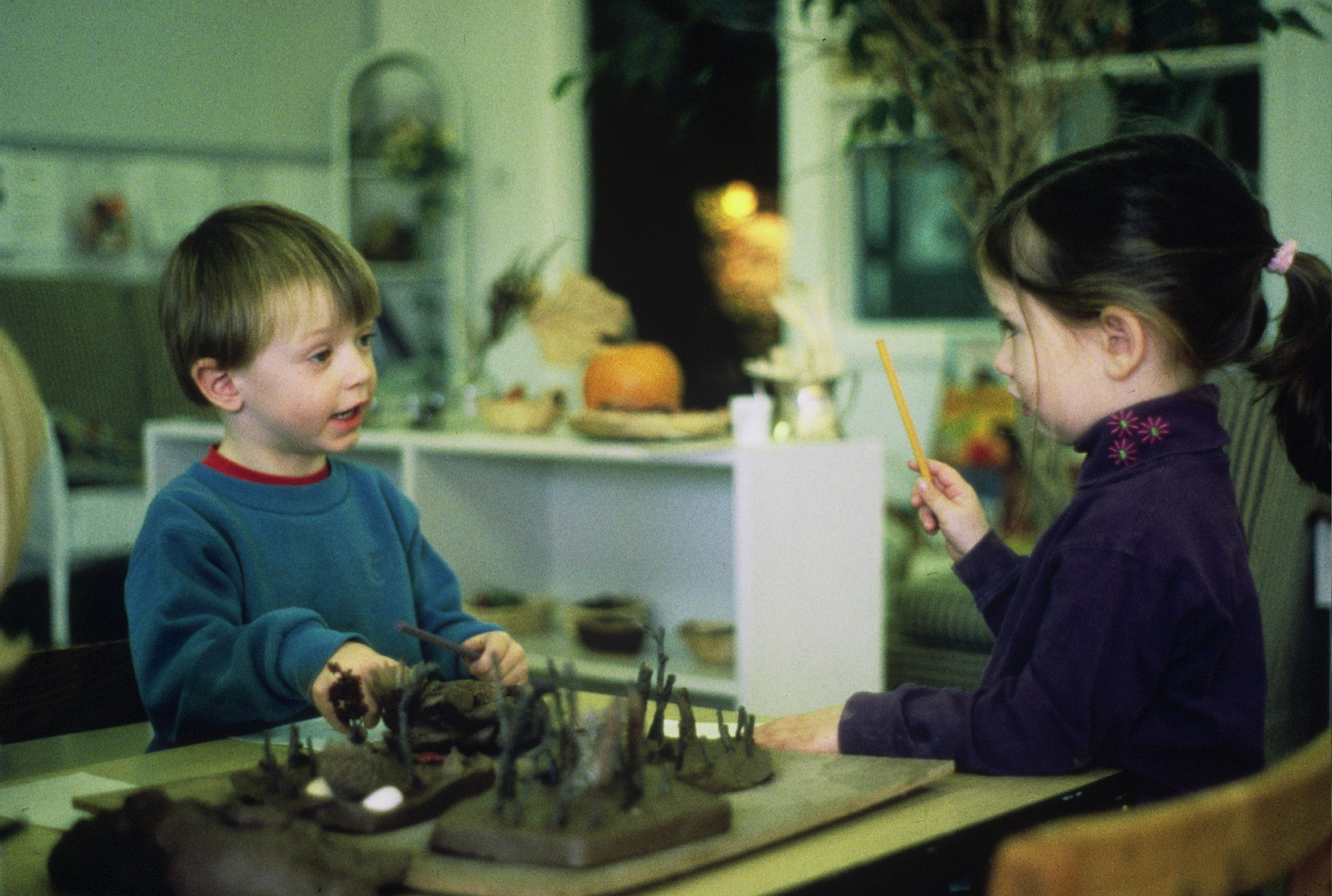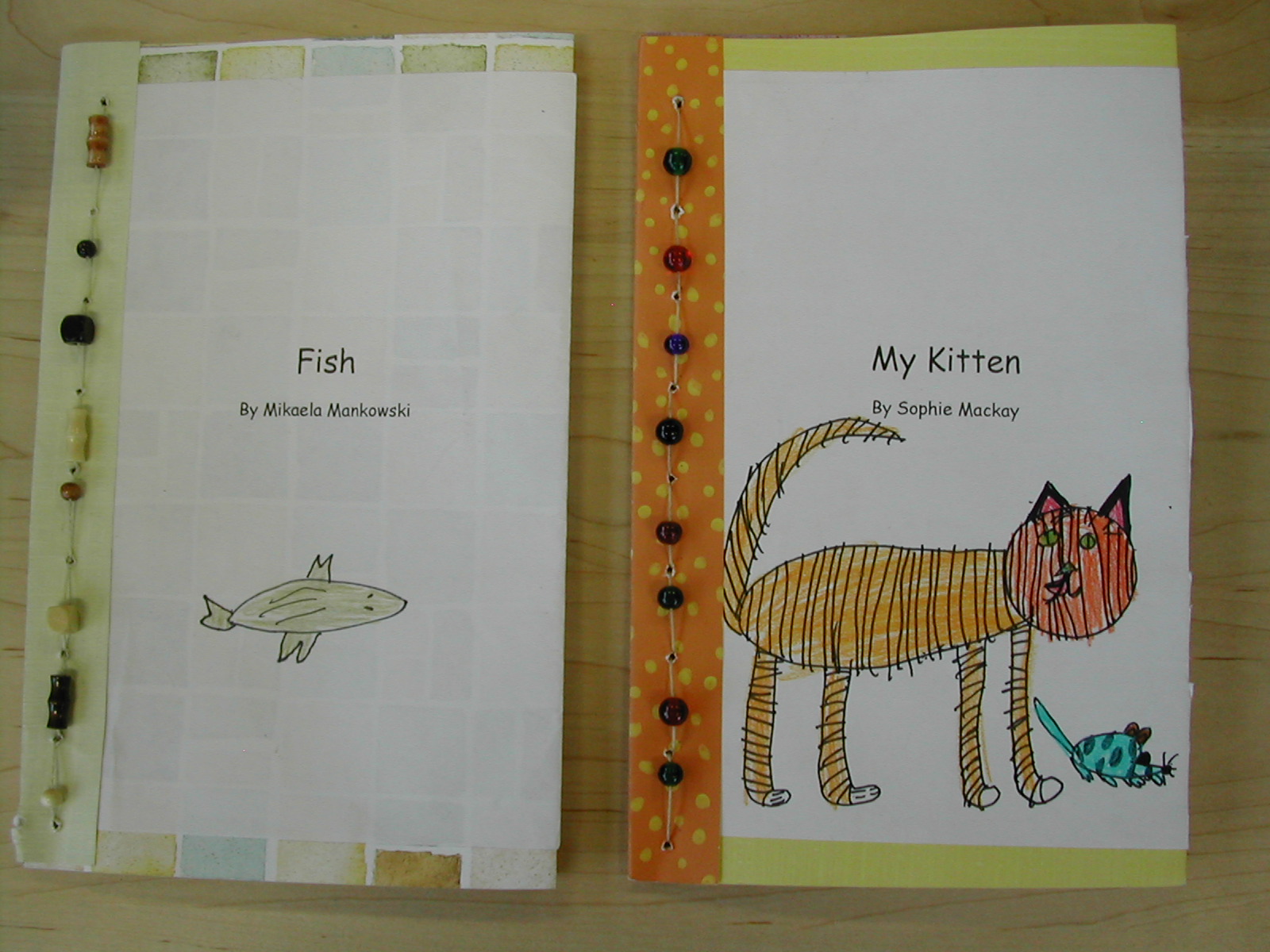 This is the third in a series of blog posts that we have written connecting sports and education...one on baseball, one on golf and this one on basketball. There are similar themes running through these posts...discipline, teamwork, understanding learning style differences, perseverance, positive attitude, authentic relationships...all aspects of fulfillment and success in sports, in school and in life.
This is the third in a series of blog posts that we have written connecting sports and education...one on baseball, one on golf and this one on basketball. There are similar themes running through these posts...discipline, teamwork, understanding learning style differences, perseverance, positive attitude, authentic relationships...all aspects of fulfillment and success in sports, in school and in life.
Last week, we read a fascinating short profile of the National Basketball Association coach of the San Antonio Spurs, Gregg Popovich in Sports Illustrated. He is the longest tenured coach in the NBA. He took over the Spurs in 1996. Since then, his team has recorded 16 straight 50+ winning seasons, including 4 NBA championships. During his tenure, the other NBA teams have made 651 coaching changes.
Toward the end of the profile, written by veteran SI scribe, Jack McCullum, Popovich (or, "Pop"), after much equivocation, as is his want with the media, fairly gushes forth with a wonderful summary of his leadership approach. Not incidentally, it's helpful to know that graduated from the U.S. Air Force Academy.
The only reason the word "military" is used to describe what goes on around here is because I went to the [Air Force] Academy. But the correct word is "discipline." And there are disciplined people in Google, in IBM, and the McDonald's down the street.
Yes, we're disciplined in what we do. But that's not enough. Relationships with people are what it's all about. You have to make players realize you care about them. And they have to care about each other and be interested in each other. Then they start to feel a sense of responsibility toward each other. The they want to DO for each other.
And I have always thought that it helps if you make it fun, and one of the ways you do that is let them think you're a little crazy, that you're interested in things outside of basketball... You have to give the message that the world is wider than a basketball court.
Precisely my feeling about the classroom and education in general. Discipline. Relationships. Fun.
Good educators are disciplined. They are organized. They know what they expect of their students, and they communicate those expectations clearly and relentlessly. They are intrepid in their work to create environments where those expectations can be achieved. Excellence is the norm.
And, good educators know that the essential sauce in a healthy learning environment is a mix of healthy relationships. Pop says it best...when players (and students) "care about each other and are interested in each other, the they start to feel a sense of responsibility toward each other. The they want to DO for each other."
And, good educators create a healthy learning environment in which FUN permeates the modus operandi. Just google the myriad studies on the learning benefits of "play" to begin to drill down on the profound benefits of embracing this idea. Read our blog post from last week where Louise writes about playful inquiry at the Opal School of the Portland Children's Museum.
And, You have to give the message that the world is wider than a basketball court. Good educators create learning environments without boundaries. In such environments inquiry, invention and life long learning permeate the culture of the school.
Pop begins his three paragraph treatise on the essence of his coaching with discipline, then expands into the realm of relationships, and wraps up in the territory of unbounded fun. I've followed this man and his team for years. Now I know why I've been drawn to him. He is a GREAT educator.



